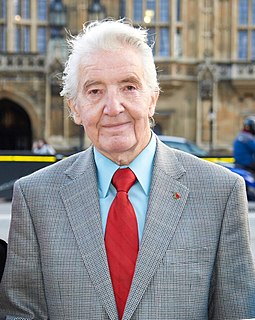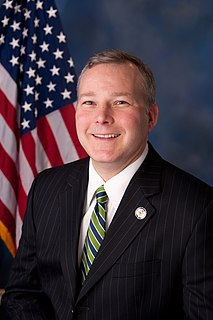A Quote by Elaine Chao
Most private sector workers can only dream of getting the generous lifetime pension and health benefits typical of government service.
Related Quotes
This is something that Randi Weingarten said to me when I interviewed her once, which I think I quote in chapter nine. She talks about how only 7 percent of private sector workers in the American economy are in unions. So all the protections that teachers have that are due to collective bargaining - including generous pensions, generous health plans, limits to what they can be asked to do after school and in the summers - all of those things are sources of resentment to the public. And I think that politicians have played off of that quite effectively.
One state retiree, 49 years old, paid, over the course of his entire career, a total of $124,000 towards his retirement pension and health benefits. What will we pay him? $3.3 million in pension payments over his life and nearly $500,000 for health care benefits - a total of $3.8m on a $120,000 investment.
Well depending on the government, you either work through the government, which is ideal, because then you're strengthening their capabilities, or you work through the non-governmental organizations. It's never easy, and you know, it's just about the very basics of health. This is not hospitals. This is just primary health care [in Africa], the most simple things, and even so, getting the supplies out, getting the trained workers there.
































